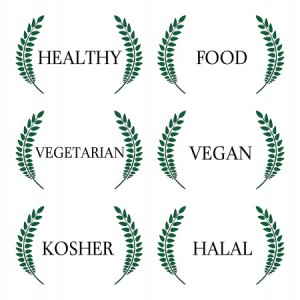 In Japan, we are carefully studying Halal, determined to provide new choices to both visitors in Japan and to Muslims overseas. We inevitably encounter a major question: which country’s or which group’s Halal certification should we acquire?
In Japan, we are carefully studying Halal, determined to provide new choices to both visitors in Japan and to Muslims overseas. We inevitably encounter a major question: which country’s or which group’s Halal certification should we acquire?
That issue is not confined to Japan. As you know, the Organization of the Islamic Conference (OIC) and other institutions have discussed a Global Halal Standard for years. Japan, as a rookie in this field, can only watch from a distance, wondering how long it will take to reach a conclusion. We feel on tenterhooks, wondering if a decision will be ready by the 2020 Tokyo Olympics.
For now, one reasonable choice is to acquire the Halal certification required by the country to which one wishes to export. Exporters hope, though, to be able to acquire a credible certification that will be more widely accepted. Malaysia’s Halal is recognized throughout the world; Singapore Halal has a strong position in free trade agreements (FTA). Indonesia is the largest Muslim nation in the world. Saudi Arabia’s Halal standards are highly respected. All this information about Halal standards is very complicated, and we in Japan find ourselves rather perplexed.
If Japan’s Halal certification were recognized internationally, our problem would be solved, but we are not there yet. Japanese quality control is, as you know, outstanding in electronics, automobiles, semiconductors, construction equipment, and the service sector. We would like to achieve the same level of recognition for Japan’s Halal standards, too. To reach that goal, we would very much appreciate advice from our Muslim friends and colleagues around the world.












